The short answer from a cardiologist
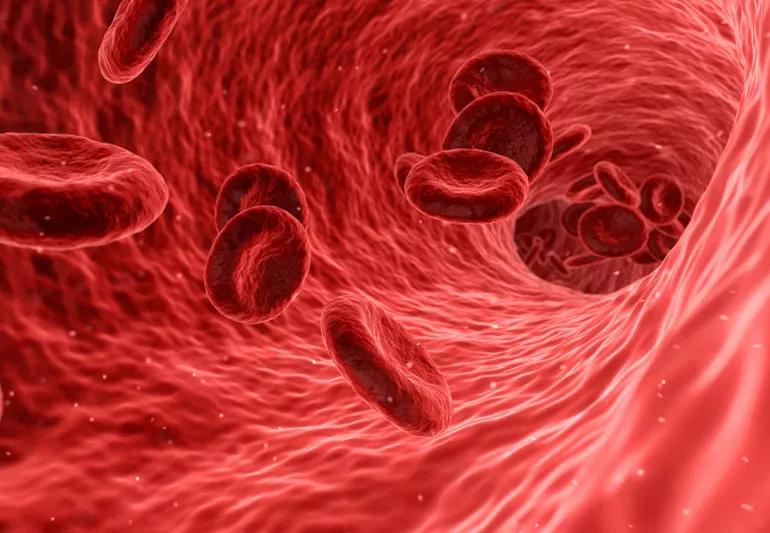
Q: Can chelation therapy — chemicals that traditionally have been used to treat heavy metal poisoning — “clean out clogged arteries” as an alternative to coronary artery bypass surgery or interventional procedures such as angioplasty or a cardiac stent?
Cleveland Clinic is a non-profit academic medical center. Advertising on our site helps support our mission. We do not endorse non-Cleveland Clinic products or services. Policy
A: The short — and resounding — answer is no.
Chelation to treat heart disease is a notorious form of quackery. It is potentially dangerous and the people offering this therapy do not have their patients’ best interest at heart.
Chelation therapy removes heavy metals such as lead and iron from the bloodstream by binding to them and getting excreted through urine. Advocates of the therapy say they believe that the chemical cocktail also can remove plaque, or fatty deposits, from clogged arteries through the same mechanism. However, this theory remains unproven. Chelation also has the potential to cause health complications, up to and including death.
Chelators were even being marketed for home use. The Food and Drug Administration (FDA) has warned several companies that they’re breaking the law by marketing these therapies to consumers. Chelation therapy is only FDA-approved for treating metal toxicity and all approved chelating drugs require a prescription.
Evidence from a 2012 study presented at the Scientific Sessions of the American Heart Association supported the fact that chelation can do more harm than good — and the idea still stands today. The FDA hasn’t approved chelation therapy for use as a heart disease treatment and the AHA and American College of Cardiology agree that it’s uncertain that chelation therapy is a viable form of treatment.
From serious complications to even death, this controversial therapy remains unproven for treating heart disease. Talk to your doctor about safer treatment alternatives.
— Cardiologist Steven Nissen, MD
Learn more about our editorial process.
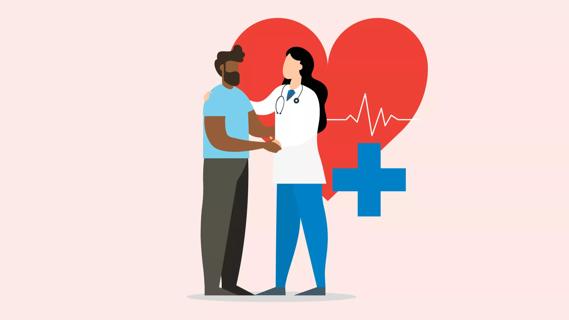
Having underweight, having overweight and having obesity can be dangerous for your heart

Your natural estrogen levels support a healthy heart by improving your cholesterol, increasing blood flow and reducing free radicals

Knowing what you can do to prevent or manage heart disease is half the battle

When nutritious foods are hard to come by, your health can suffer
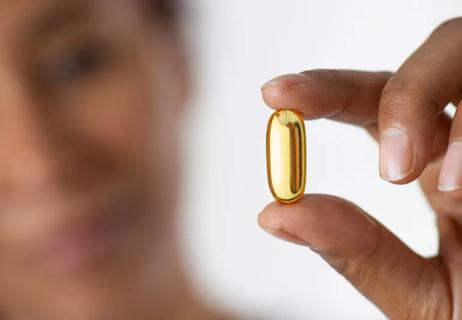
Research shows that high doses of vitamin D do nothing to lower your cardiovascular risk
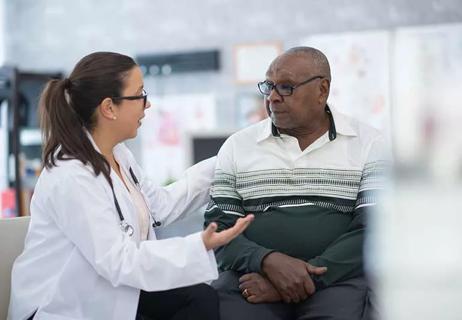
It’s important to watch for and guard against conditions like heart disease and cancer
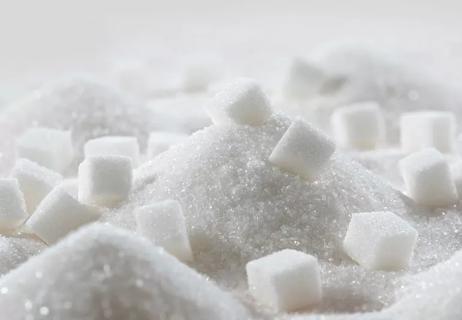
Updated food label guidelines make it easier to track added sugars in your diet
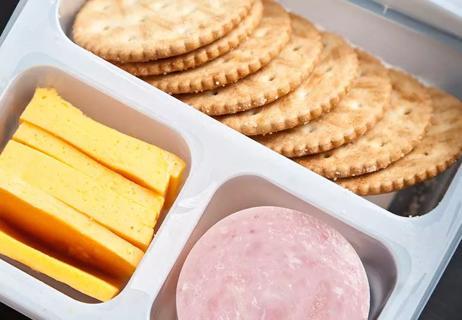
They’ve been altered to include fats, starches, sugars and hydrogenated oils

Your metabolism may torch 1,300 to 2,000 calories daily with no activity

A gentle touch in all the right places may help drain your sinuses